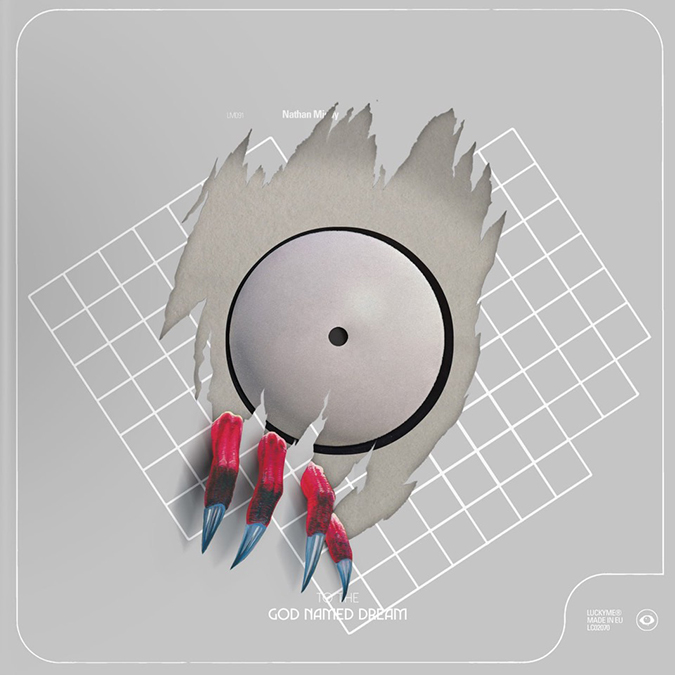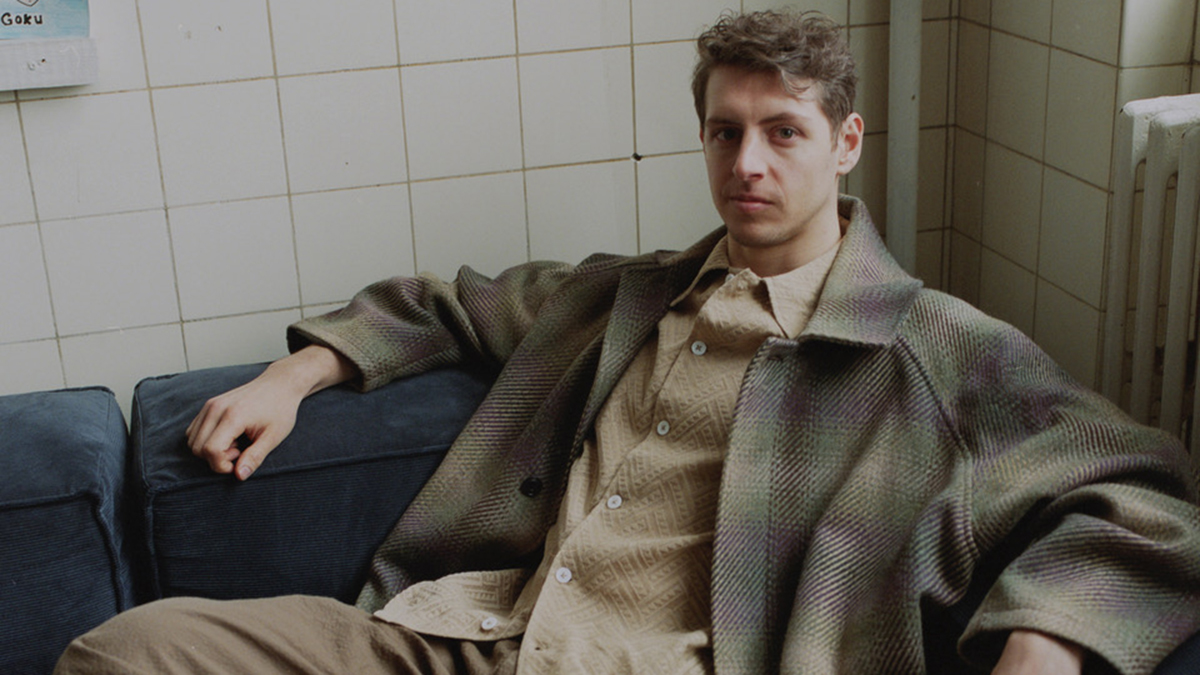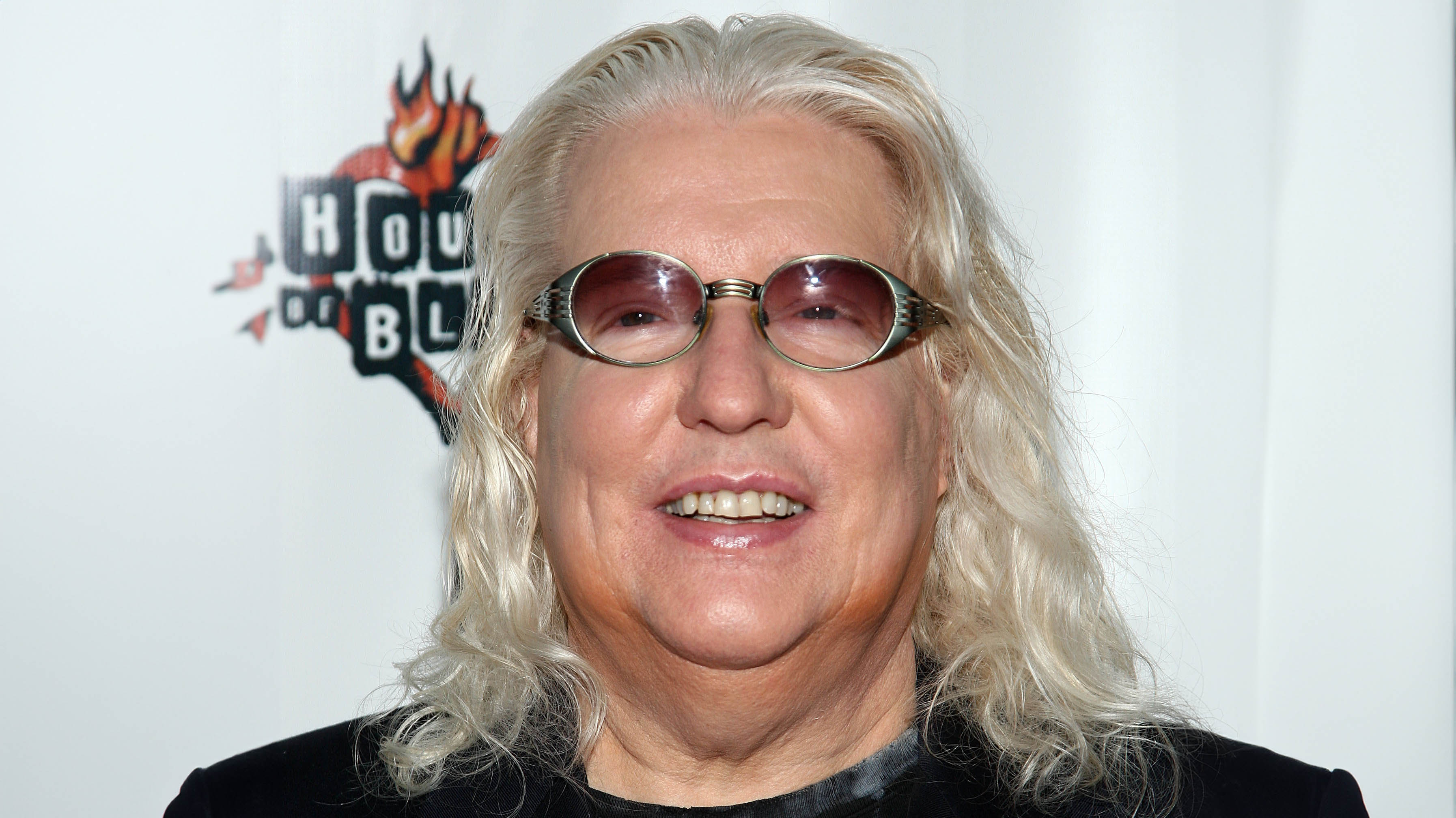Nathan Micay says that his new RPG-inspired album, To The God Named Dream, features live banjo and Taylor Swift references
“If you want orthodox Dance Music™ there’s a lot of it out there already,” he reports
Fresh from his success with the score for the second season of HBO’s Industry, Canadian producer Nathan Micay is set to return with To The God Named Dream, his new album. And it might not be quite what you were expecting.
Preceded today by Fangs, the first offering from the album, To The God Named Dream was created in Micay’s new Copenhagen studio and draws inspiration from classic RPGs. In fact, the vinyl art actually contains an original multiplayer board game, which Micay describes as “Jumanji meets Hellraiser”.

Role-playing games aren’t the only surprising influence on the album, either: “I listened to a lot of pop through the pandemic from Taylor Swift, Caroline Polachek and ‘Rain’-era Madonna,” says Micay. “I wanted to synthesise these references with my score work and downtempo and club music.”
The result, Micay believes, is something you might not have heard before: “A lot of electronic music became very serious, and lacked any sense of character. Any sense of humour. I’m often invited to evoke heavy emotion and melodrama in my score work and I think this naturally pushed my own music towards something altogether different,” he explains.
How different, though? “Live banjo. Live breakbeats. 808 bass hits. Trance synths,” lists Micay. “Sounds gross but these things are part of me and have their place here. If you want orthodox Dance Music™ there’s a lot of it out there already. This isn’t for a cue sheet. This one’s for me”.
2023 is set to be a busy year for Micay. As well as releasing his new album, he’s also providing the score for upcoming post-Trump HBO feature Reality, which stars Sydney Sweeney, and the HBO Original Documentary Time Bomb Y2K.
To The God Named Dream will be released on 31 May on LUCKYME.
Get the MusicRadar Newsletter
Want all the hottest music and gear news, reviews, deals, features and more, direct to your inbox? Sign up here.




I’m the Deputy Editor of MusicRadar, having worked on the site since its launch in 2007. I previously spent eight years working on our sister magazine, Computer Music. I’ve been playing the piano, gigging in bands and failing to finish tracks at home for more than 30 years, 24 of which I’ve also spent writing about music and the ever-changing technology used to make it.
"At first the tension was unbelievable. Johnny was really cold, Dee Dee was OK but Joey was a sweetheart": The story of the Ramones' recording of Baby I Love You
"Reggae is more freeform than the blues. But more important, reggae is for everyone": Bob Marley and the Wailers' Catch a Fire, track-by-track









